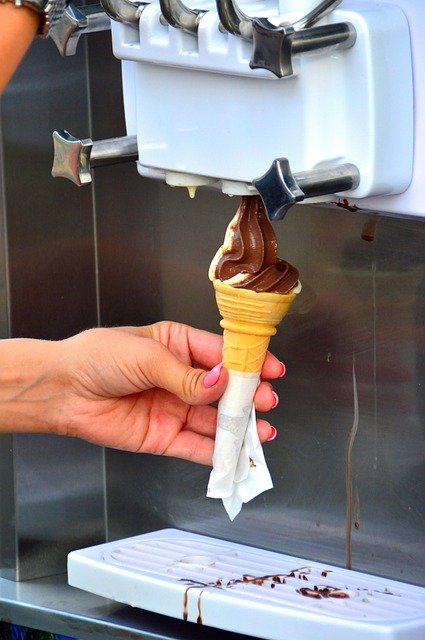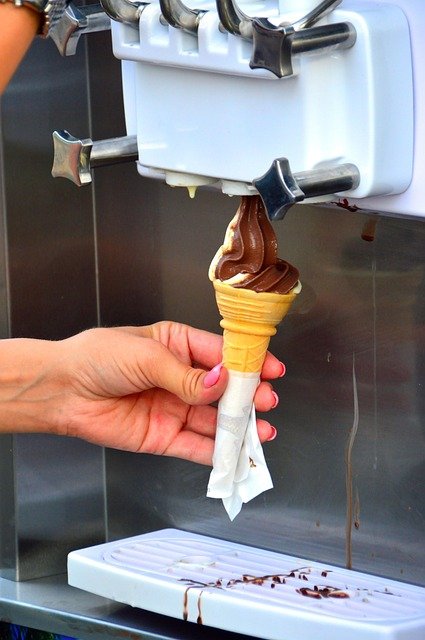Commercial Ice Maker Not Working: Troubleshooting Guide
July 9, 2025 | by li, moniker

Why Your Commercial Ice Maker Isn’t Making Ice – Troubleshooting Guide
Commercial ice makers are essential for restaurants, bars, and other businesses that rely on a steady supply of ice. However, when your Commercial Ice Maker stops producing ice, it can disrupt operations and lead to customer dissatisfaction. Several factors can contribute to this issue, ranging from simple fixes to more complex mechanical failures. In this article, we’ll explore the most common reasons why your ice maker isn’t working and provide actionable solutions to get it back up and running efficiently. Whether it’s a water supply issue, a clogged filter, or a malfunctioning component, understanding the root cause is key to resolving the problem quickly.
Water Supply Issues
One of the primary reasons a commercial ice maker fails to produce ice is an inadequate or interrupted water supply. If the unit isn’t receiving enough water, it won’t be able to form ice properly. Check the water inlet valve to ensure it’s fully open and inspect the water line for kinks or blockages. Additionally, low water pressure—common in older buildings—can hinder ice production. Installing a water pressure regulator may help maintain consistent flow. If your ice maker uses a water filter, a clogged or expired filter can also restrict water flow. Replacing it every six months is recommended to prevent buildup and ensure optimal performance.
Temperature and Refrigeration Problems
Ice makers rely on proper refrigeration to freeze water efficiently. If the unit’s evaporator plate isn’t cooling sufficiently, ice production will halt. Verify that the condenser coils are clean, as dust and debris can impair heat exchange. Additionally, ensure the ambient temperature around the ice maker is within the manufacturer’s recommended range—typically between 50°F and 90°F. If the environment is too hot or too cold, the machine may struggle to form ice. A faulty thermostat or refrigerant leak could also be the culprit, requiring professional diagnosis and repair. Regular maintenance, including coil cleaning and refrigerant level checks, can prevent these issues.
Mechanical and Electrical Failures
Mechanical components, such as the auger or motor, can wear out over time, leading to ice production failure. Listen for unusual noises, which may indicate a failing motor or jammed auger. Electrical issues, such as a tripped breaker or faulty wiring, can also prevent the machine from operating. Inspect the power supply and reset the breaker if necessary. If the control board malfunctions, the ice maker may not initiate the freezing cycle. In such cases, consulting a technician for component replacement is often the best course of action. Investing in a high-quality Commercial Ice Maker with durable parts can minimize these risks.
Maintenance and Preventative Measures
Regular maintenance is crucial to keeping your commercial ice maker running smoothly. Clean the machine’s interior and sanitize it monthly to prevent mold and mineral buildup. Descaling the evaporator plate removes calcium deposits that can hinder ice formation. Additionally, inspect and replace worn gaskets to ensure a proper seal, which maintains internal temperatures. Keeping a log of maintenance tasks helps track when filters, water lines, and other components need attention. By following a proactive maintenance schedule, you can extend the lifespan of your ice maker and avoid unexpected downtime.
Conclusion
A commercial ice maker that stops producing ice can be a major inconvenience, but understanding the common causes can help you troubleshoot effectively. Whether it’s a water supply issue, refrigeration problem, mechanical failure, or lack of maintenance, identifying the root cause is the first step toward a solution. Regular inspections and preventative care can minimize disruptions and ensure your Commercial Ice Maker operates efficiently for years to come. If DIY fixes don’t resolve the issue, consulting a professional technician is advisable. By addressing problems early and maintaining your equipment properly, you can keep your business running smoothly and your customers satisfied.
RELATED POSTS
View all


